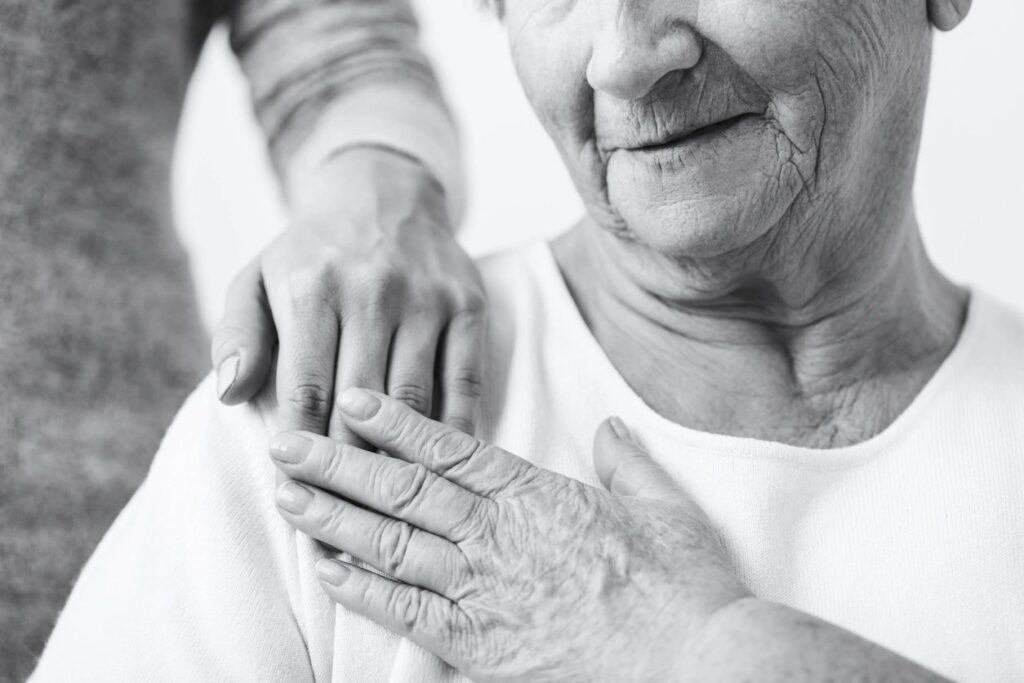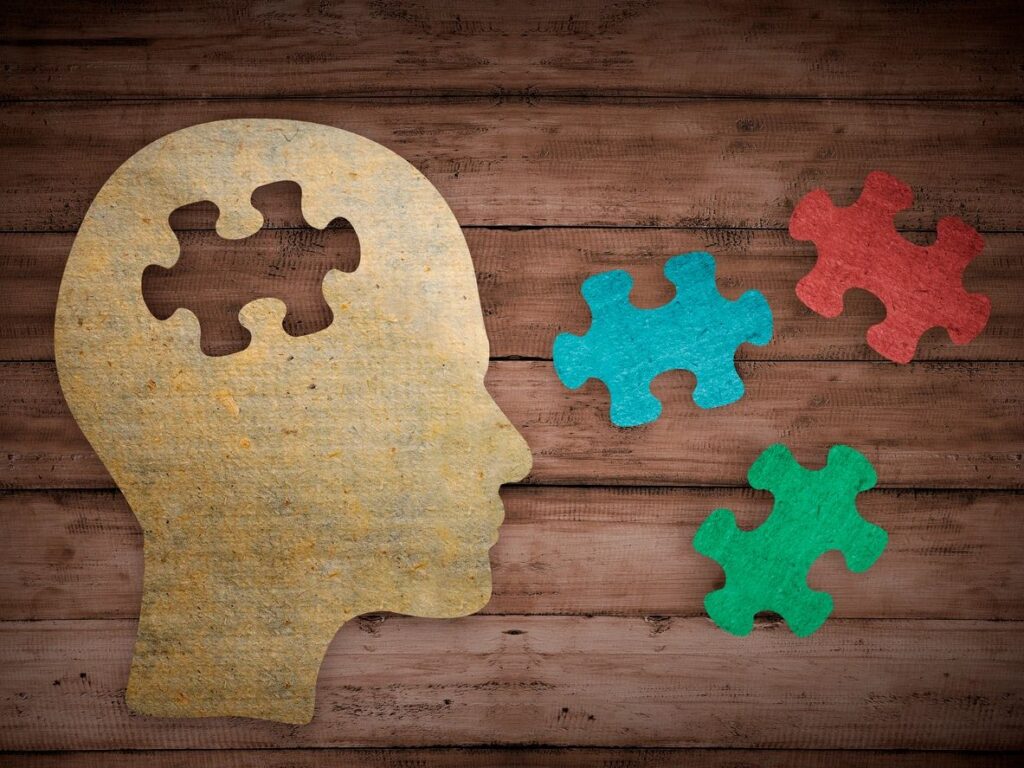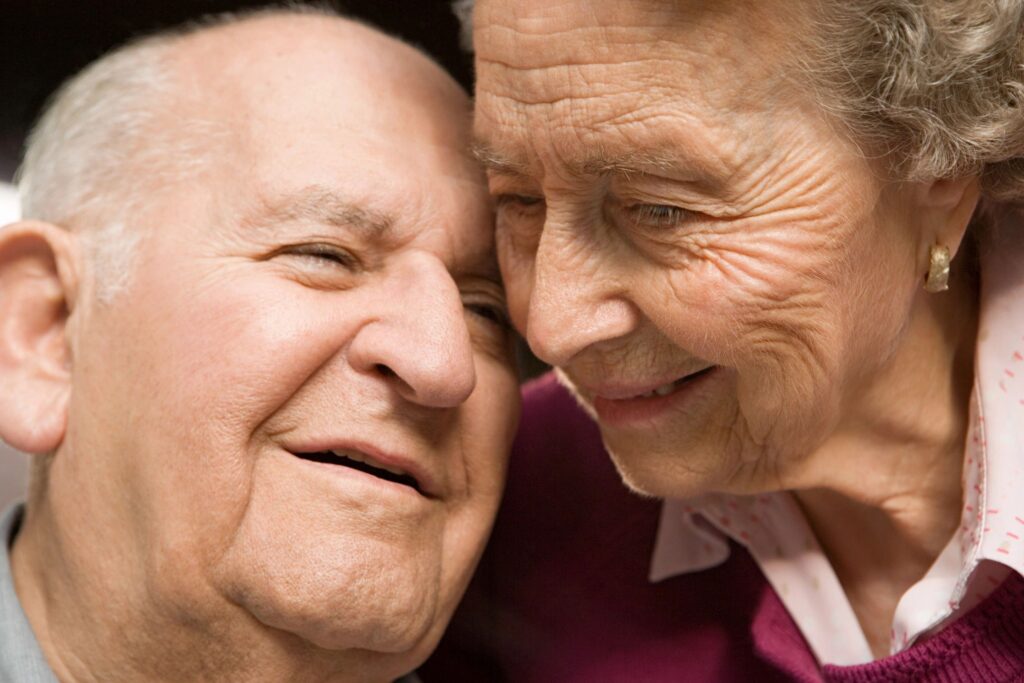Posts Tagged ‘Older Adults’
Reflecting on Life Lessons Can Help With Aging
In a general sense, life looks the same for all of us: stuff happens to us. We learn from that stuff, sometimes. We get older. Ideally, we have a sense that there’s some progression to our lives. Learning from our past experiences helps us live our lives more effectively as we get older, and eventually…
Read MoreWhat Friendships Can Do for Mental Health in Old Age
It seems self-evident that having rewarding social connections should be able to help with healthy aging, but framing that intuition in a scientific way turns out to be surprisingly complicated. There are a couple reasons why that’s the case. The first is that loneliness influences and is influenced by other aspects of our behavior in…
Read MoreOlder People Are More Attentive to Positive Information. What About Older Dogs?
Being able to focus on the positive is something we can all benefit from, and it may be a skill that becomes easier with age. Psychology researchers have found that older adults tend to remember positive information better than negative information relative to younger adults. This phenomenon has become known as the “positivity effect,” a…
Read MoreWhat Social Connections and Financial Security Mean for Retirement
Given the choice, most of us would probably rather retire with a broad social network and a deep bank account. Of course, the choice isn’t entirely up to us, since there are a lot of complicated factors that influence how strong the social connections we develop are and how much money we’re able to save…
Read MoreOlder Adults’ Perceptions of Volunteering Improve When They Try It
Volunteering is an activity that seems to have as many benefits for the person doing it as for the people it’s intended to help. This seems to be true starting relatively early in life, with young adults who volunteer more having a greater sense of purpose. However, volunteering has especially been considered as a way…
Read MoreWho Plans to Retire Early?
Given the option to retire, people will make different decisions about how long to keep working. In order to learn more about how people make retirement decisions, a recent study decided to focus on those who are most eager to close out their careers: adults over 50 who intend to retire before reaching the official…
Read MoreInterventions Can Reduce Ageism
Old age is a life stage that we all hope to reach, but that doesn’t always make us empathetic toward people who have already reached it. Prejudice against older adults shows up in a variety of settings, and older adults feel the effects. A survey by AARP found that three-quarters of adults over 45 felt…
Read MoreWhat Do Loneliness and Living Alone Mean for Health Later in Life?
We all know what “loneliness” means, but defining it in a precise way gets a little tricky. For starters, being lonely isn’t exactly the same as being alone. And loneliness isn’t quite the same as social isolation either. When you get down to it, loneliness is about how you feel. Psychologists talk about two kinds…
Read MoreHow Your Day Was Yesterday Can Predict How Your Brain Will Age
That’s right! When you woke up yesterday I bet you didn’t know your cognitive future hinged on whether you’d have a good day! I’m exaggerating, of course. But there really is a new study out showing that people’s evaluations of their previous days can predict cognitive aging over the next year. Before you freak out…
Read MoreSynesthesia and Aging
The cross-sensory associations of synesthesia are still something of a mystery. We know that some people link letters with colors, or sounds with tactile sensations, but the broader implications of having synesthesia are less clear. Synesthesia has been found to correlate with certain psychological and neurological traits that it doesn’t otherwise have an obvious connection…
Read More









